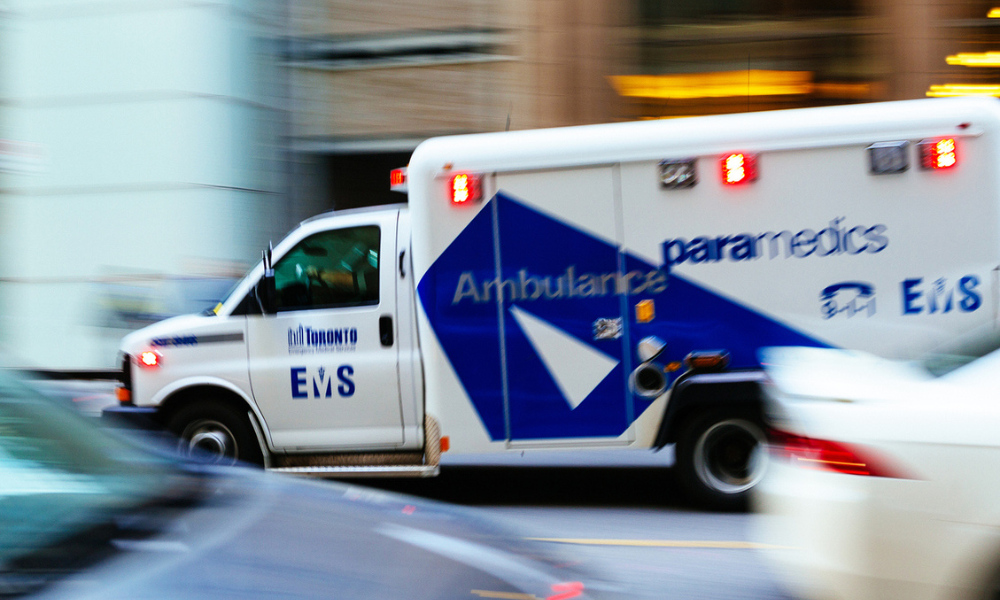
The paramedics' belief about the superficiality was not reasonable given the circumstances

The Ontario Court of Appeal has upheld the convictions of two paramedics, who were found guilty of failing to provide the necessaries of life to 19-year-old Yosif Al-Hasnawi.
The court found that the paramedics' misjudgment of the severity of Al-Hasnawi’s injuries led to his death after he was shot in the abdomen with a .22 calibre hollow-point bullet.
On the night of December 2, 2017, first responders were dispatched to a shooting incident. The paramedics arrived at the scene to find Al-Hasnawi lying on the sidewalk, surrounded by friends and family. Despite the urgency of the situation, the paramedics concluded that his wound was superficial and could have been caused by a pellet gun. Consequently, they failed to treat the wound as a penetrating injury and did not rush Al-Hasnawi to a trauma hospital.
The paramedics’ failure to follow protocols included inappropriately lifting Al-Hasnawi and delaying his transport to the hospital. They routed him to a psychiatric hospital instead of a trauma hospital. En route, Al-Hasnawi’s condition worsened, and he was declared dead shortly after arriving at the psychiatric facility.
The trial judge found that the paramedics' actions marked a departure from the expected standard of care. This conclusion was based on their failure to recognize the seriousness of Al-Hasnawi’s wound, their inappropriate handling of his body, and the delay in providing urgent medical care.
The paramedics appealed their convictions on several grounds, including claims of erroneous analytical approach by the trial judge, insufficient and contradictory reasons, and misapprehension of key evidence. The Crown also sought leave to appeal the sentences, arguing for custodial terms instead of the 18-month conditional sentences initially imposed.
The Court of Appeal dismissed both the paramedics' appeal against their convictions and the Crown's appeal for harsher sentences. The court ruled that the trial judge had considered all relevant evidence and appropriately determined the standard of care expected from the paramedics. The court also found that the paramedics' belief about the superficiality of the wound, even if honestly held, was not reasonable given the circumstances.
Expert testimonies played a significant role in the trial. Dr. Richard Verbeek, an expert in pre-hospital and emergency medicine, testified about the serious nature of penetrating abdominal wounds and the need for immediate transport to a trauma hospital. Other experts, including Dr. Elena Bulakhtina, who performed the autopsy, and Dr. Andrew Healy, who treated Al-Hasnawi at the psychiatric hospital, confirmed that his chances of survival were significantly higher if he had been taken to a trauma hospital.
Ultimately, the Court of Appeal upheld the trial judge's decision to impose 18-month conditional sentences. The court noted that the trial judge had properly considered the principles of sentencing, including the need for general and specific deterrence and the significant moral blameworthiness of the paramedics.